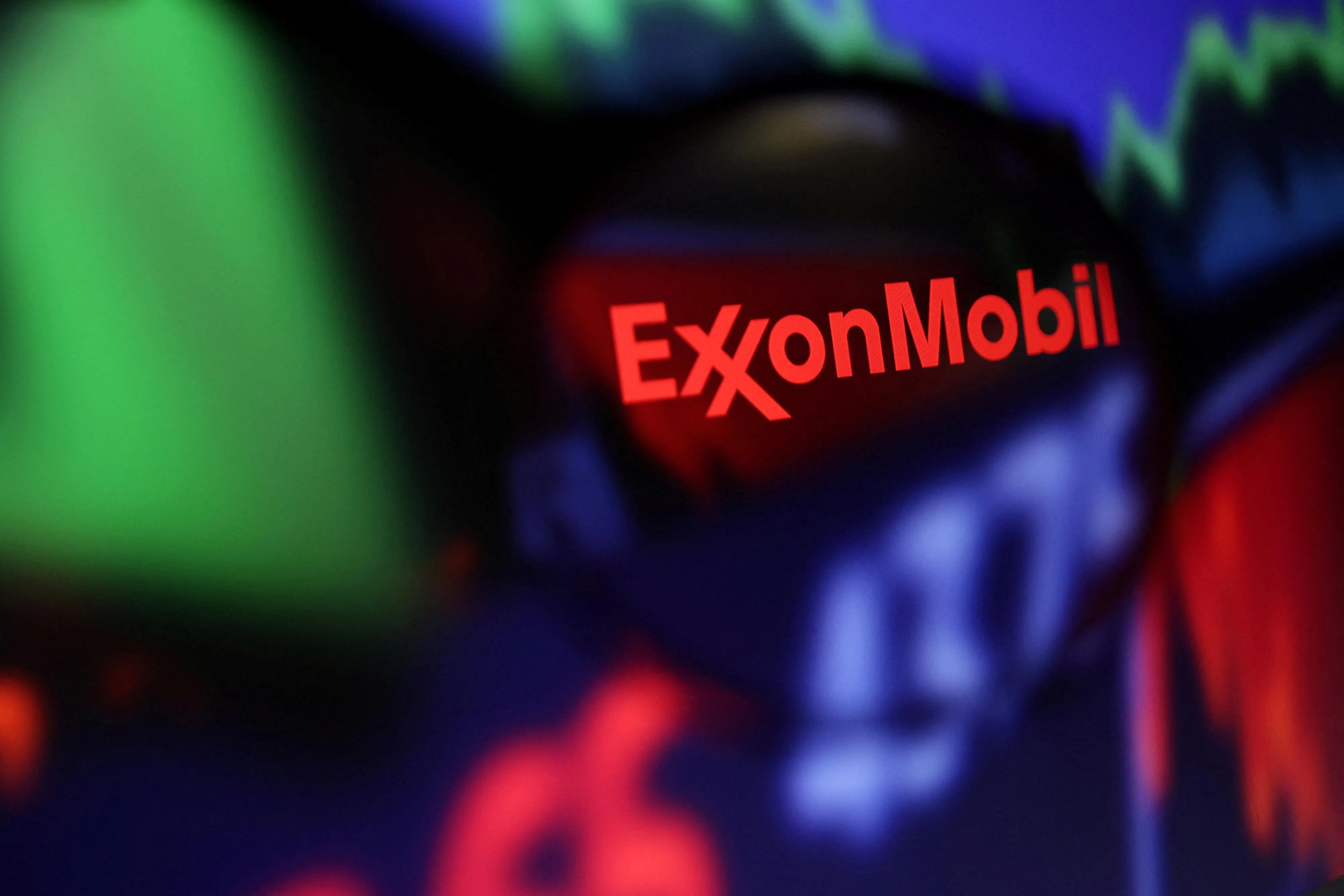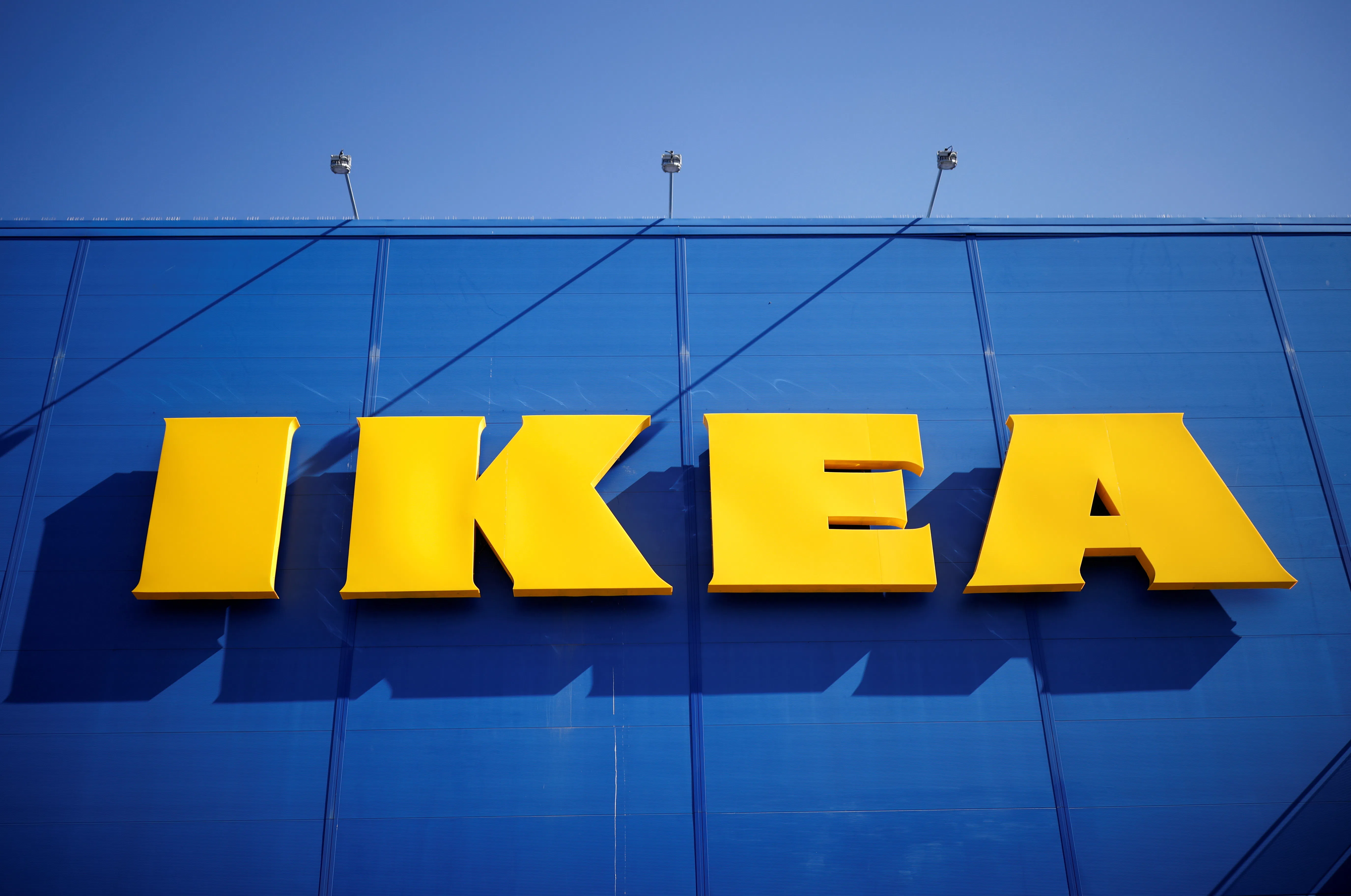EXXONMOBIL revealed it paid US$7.41 billion in taxes and royalties to the United Arab Emirates last year, more than any other country globally, in its first-ever disclosure of payments to host governments.
ExxonMobil paid US$49 billion of global tax and duties in 2023, compared with total earnings of almost US$41 billion, the company said on Wednesday (Sep 25) in a regulatory filing under Section 1504 of the Dodd Frank Act. Indonesia, Nigeria and Malaysia also were among ExxonMobil’s top tax recipients, with combined payments of about US$10.8 billion.
In the US, ExxonMobil’s largest production country, the oil giant paid US$6.58 billion, with about two-thirds going to states and local authorities and the remainder to the federal government. ExxonMobil said the figure “does not reflect a reliable estimate” for its total US tax liability, which was more than US$10 billion, due in part to credits and payments related to prior years.
ExxonMobil said in the filing that it’s the third-highest cash payer of worldwide income taxes in the Fortune 25 group of US companies.
The new disclosures may reignite the debate over who shares in the spoils of fossil fuel production and whether the industry should be entitled to subsidies, such as those contained in the Inflation Reduction Act. European and Australian companies have been disclosing their government payments for several years while the US is only just beginning its publication, four years after the rules were finalised by the Securities and Exchange Commission.
“This is a major victory for both civil society and advocates who have fought tirelessly for the implementation of the rule over the past 14 years,” said Aubrey Menard, senior policy advisor for Natural Resource Justice of Oxfam America. “This crucial information will empower citizens to influence how revenues from natural resources are used and evaluate the value corporations bring to the countries where they operate.”
ExxonMobil paid US$1.62 billion last year to Guyana, home to one of the company’s fastest-growing and most profitable projects. Nearly half of the payment was the country’s production entitlement, which equated to 17 million barrels of oil. Guyana pays ExxonMobil’s corporate taxes on its behalf as a result of the production-sharing contract they signed before oil was discovered in 2015.
The disclosures in the filing focus on ExxonMobil’s earnings from oil and gas extraction and do not include “payments made to governments related to our other business segments,” the company said. “The tax payments reported in this document do not equal our ultimate tax liability.” BLOOMBERG



